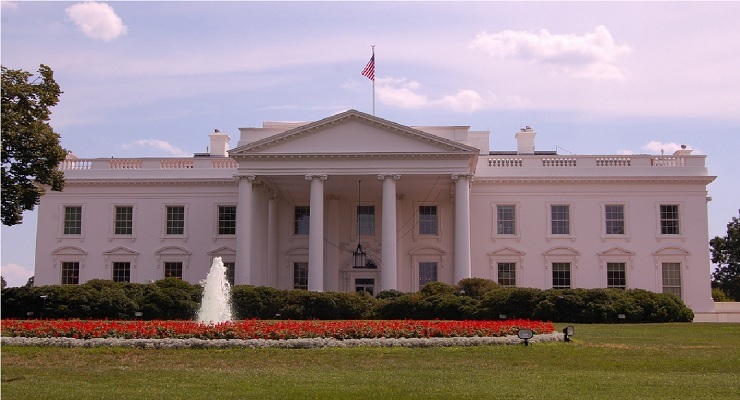
Norway, New Zealand, Switzerland, Canada are some of the few countries that stand out as democracies. Each of them has a unique constitutional history their constitutions enforce. They enjoy the benefits of the rule of law and a system that prevents the wielding of power by a single person or clique.
Self-interested politicians must be curtailed in truly democratic constitutions. Government power is vested in a person not for their own private purposes but for the service of the nation. When this power goes beyond what the constitution stipulates, it becomes a force of negative influence. Under such circumstances we may no longer speak of democracy but dictatorship.
The Free Speech Movement Educational Program of Berkeley, University of California held an event “Presidential Power and Individual Rights” on October 25, 2018 with University of California Professor of Law, Sho Sato Daniel Farber in an event presented by Melissa Martin and Shannon Monroe, the two co-chairs at Free Speech Movement Café Programs Committee.
Professor Farber talked about presidential power as stipulated by the constitution, especially under what conditions should could act without approval of the congress and pointed out past presidential behavior that compromised this system. Insights were drawn from Andrew Jackson, Abraham Lincoln and Teddy Roosevelt. Here is the event description:
Presidential power is always a hot topic, but never more so than today. This lecture will explain the constitutional limits on the President and how individual rights are affected. The President is uniquely powerful — but not above the law. Come to learn about the expansion and limits of presidential power and its impact on American people.
The event “Presidential Power and Individual Rights” lasted an hour and sixteen minutes. Take a look!!
Leave a Reply